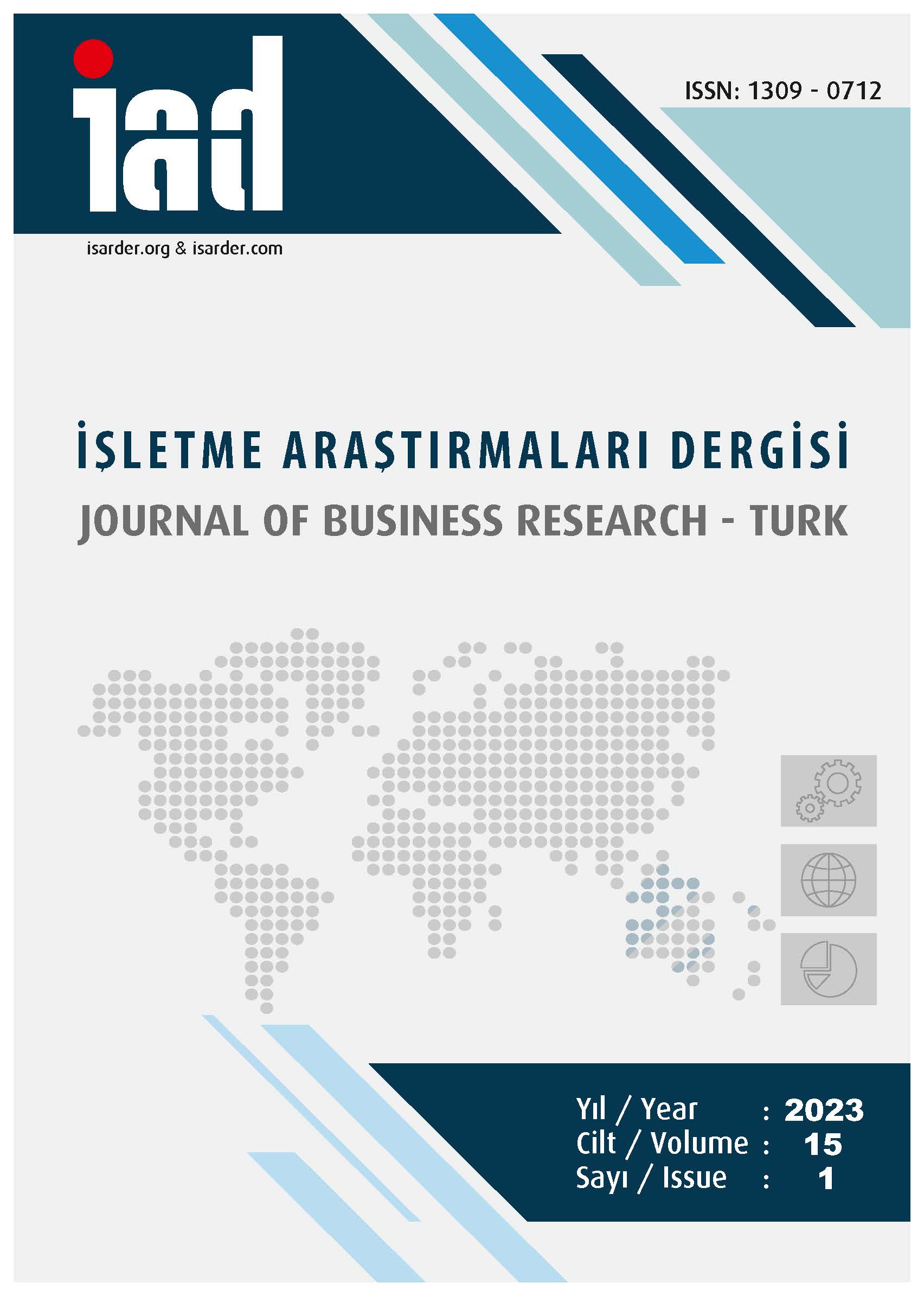The Effect of Revenge Desire and Utilitarian Consumption on Forgiveness Behavior
DOI:
https://doi.org/10.20491/isarder.2023.1595Keywords:
Desire for Revenge, Utilitarian Consumption, Forgiveness BehaviorAbstract
Purpose – The study aimed to determine the effect of purchasing the product in the minds or logic of the consumers on the transformation of the desire for revenge into the behaviour of forgiveness. For this purpose, a literature review was carried out, and then the data collection, analysis, findings and conclusion and discussion part of the study were included. Design/Methodology/Approach – The causal comparison model, one of the quantitative research methods, was used in the study. The study was carried out with the participation of 387 people with a simple random sampling method using an online questionnaire. In the research, the scale that determines utilitarian consumption consists of 9 questions; Arnold and Reynolds (2003) and Babin et al. (1994) were derived from the scales developed by. The 21-item scale, which determines revenge/forgiveness thoughts and behaviours, is derived from the scales developed by Bradfield and Aquino (1999). Data were performed with SPSS 29.0 and AMOS package program. Descriptive statistics for demographic variables, factor analysis for the validity of scales, and multiple linear regression analysis for testing hypotheses were performed. Statistical significance was accepted as p<0.05. Findings – As a result of the research, consumers' desire for revenge and utilitarian consumption together have a positive effect on forgiveness behaviour; It has been concluded that utilitarian consumption has a positive effect on forgiveness behaviour. In addition, it was found that the desire for revenge alone did not significantly affect forgiveness behaviour. Discussion – The study contributes to the literature and other research on revenge desire, utilitarian consumption and consumers' forgiveness behaviour. In this context, more studies on the subject are needed. The study also contributes to businesses, consumers and practitioners.
Downloads
Published
How to Cite
Issue
Section
License

This work is licensed under a Creative Commons Attribution-NoDerivatives 4.0 International License.





